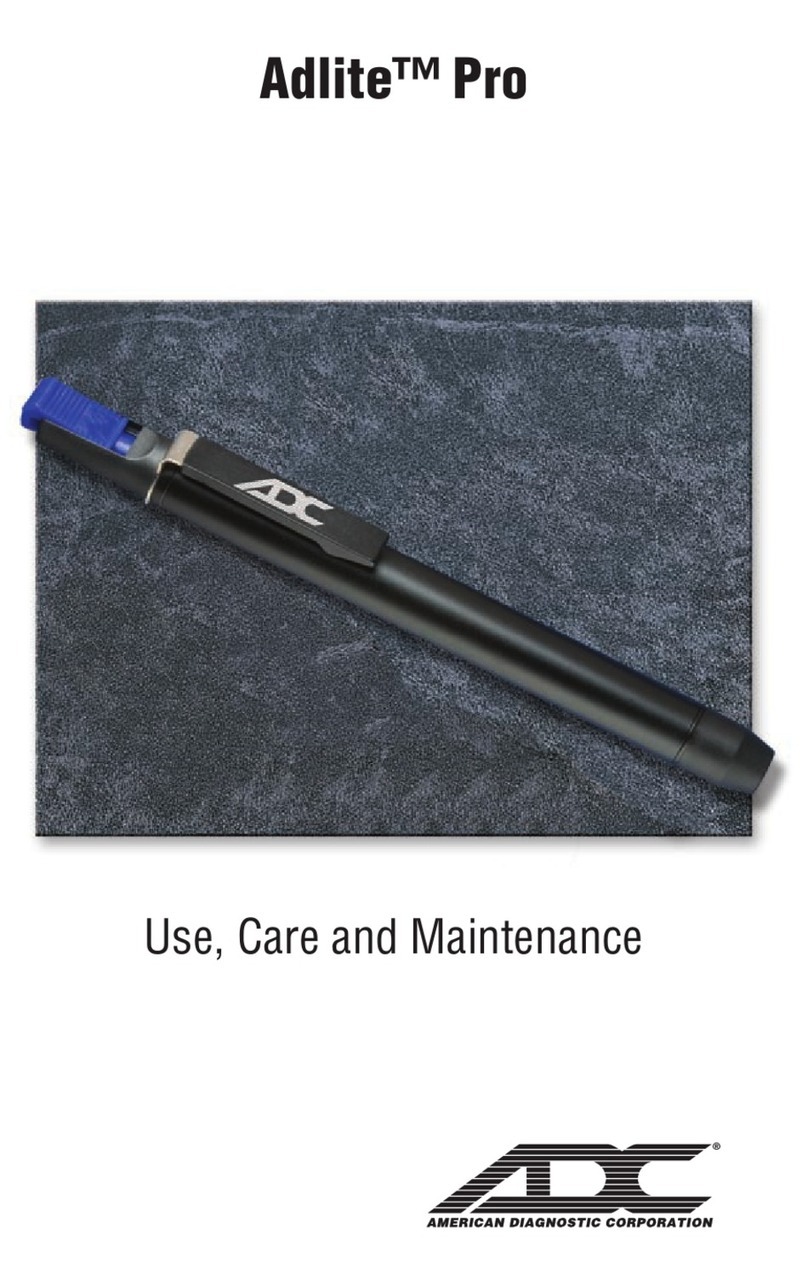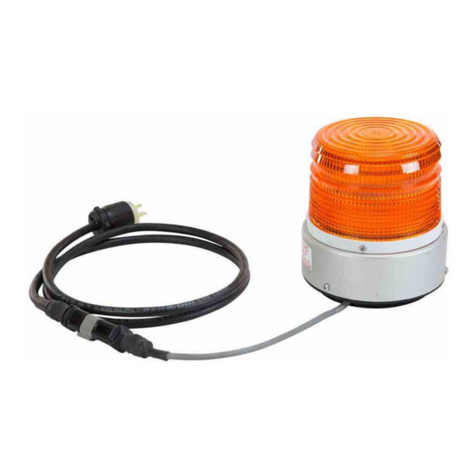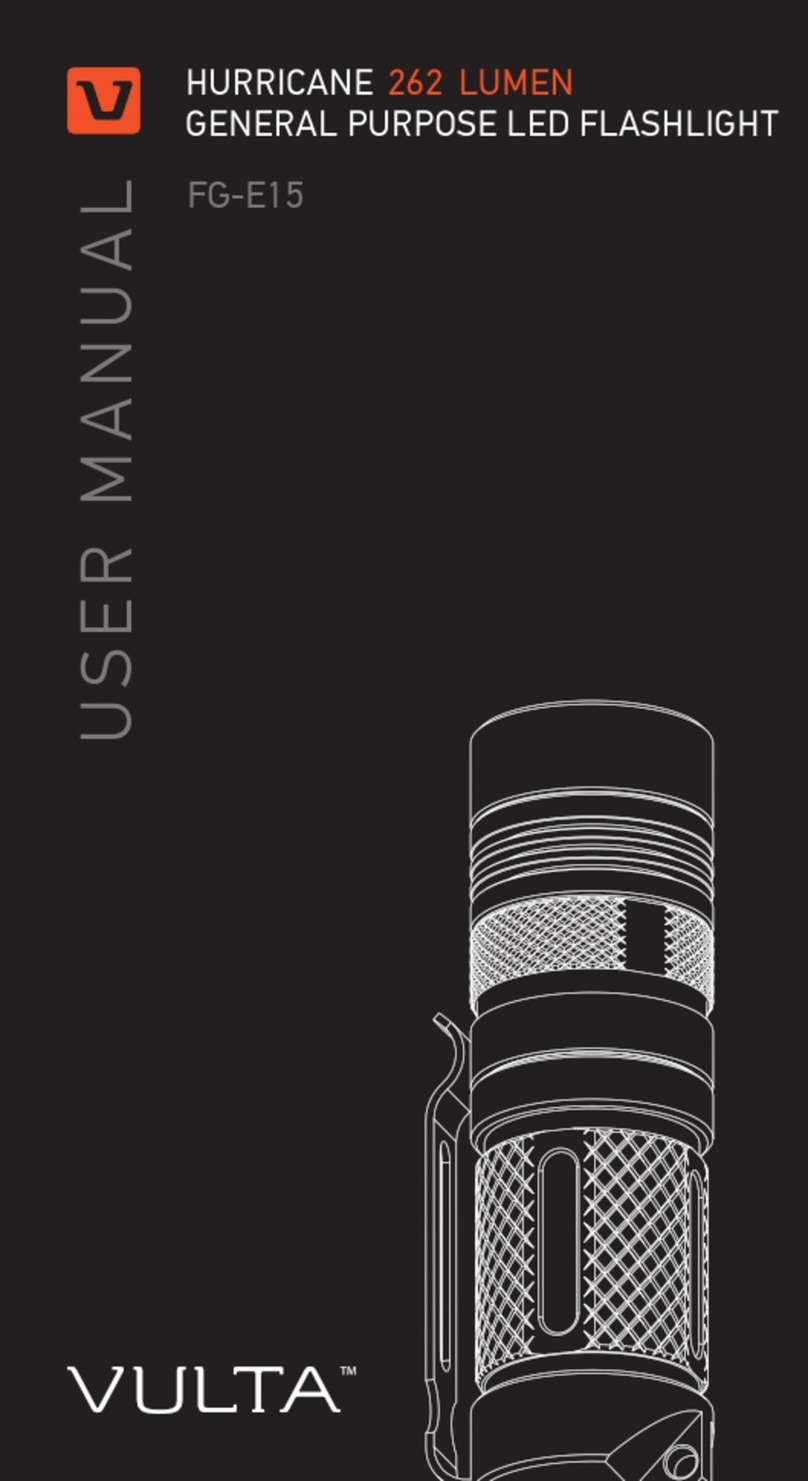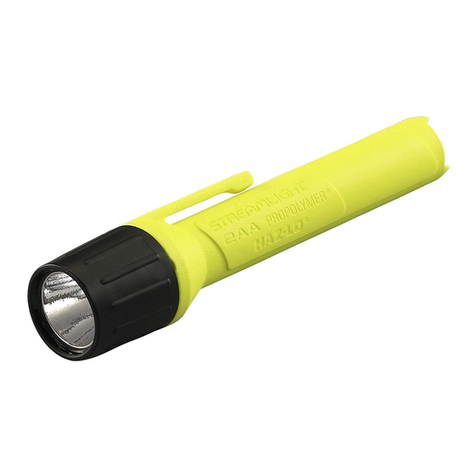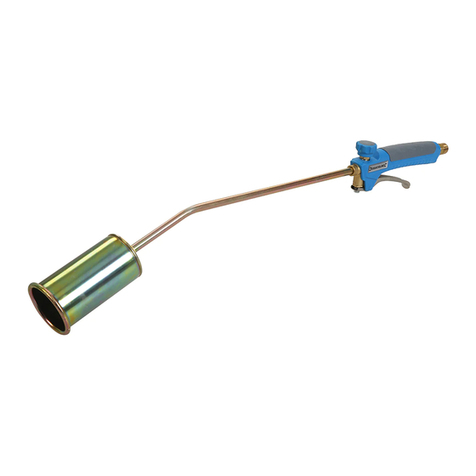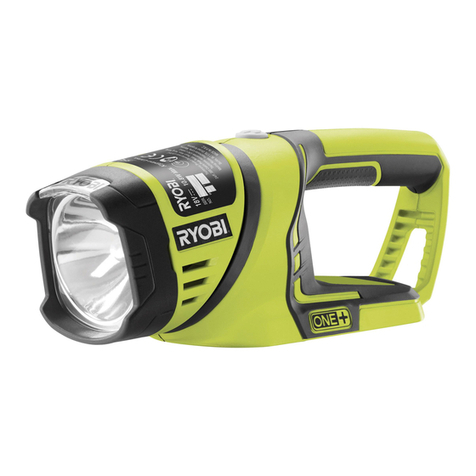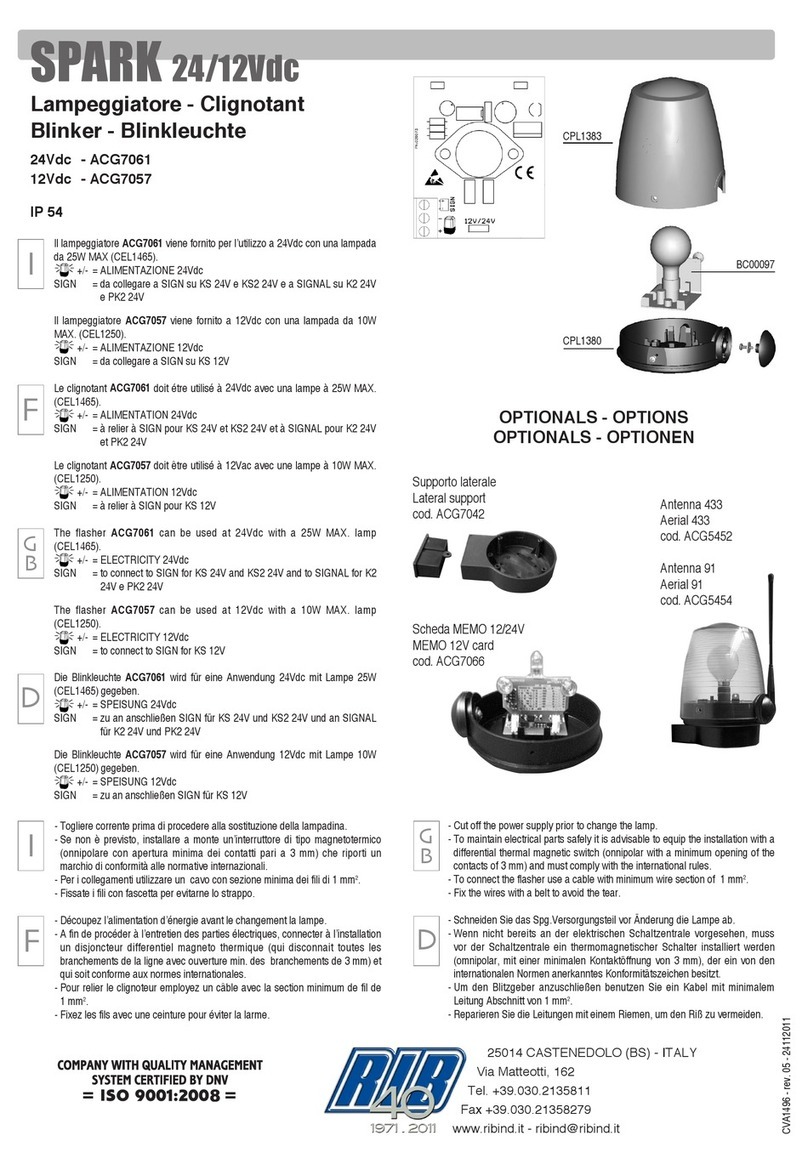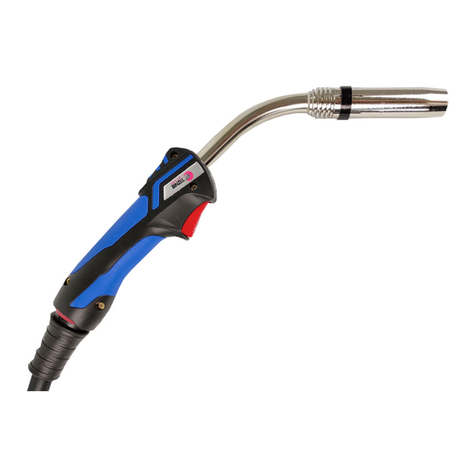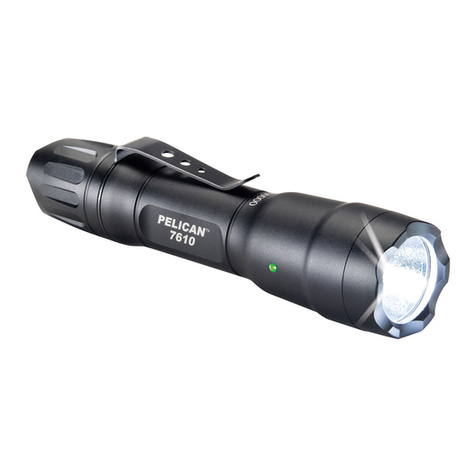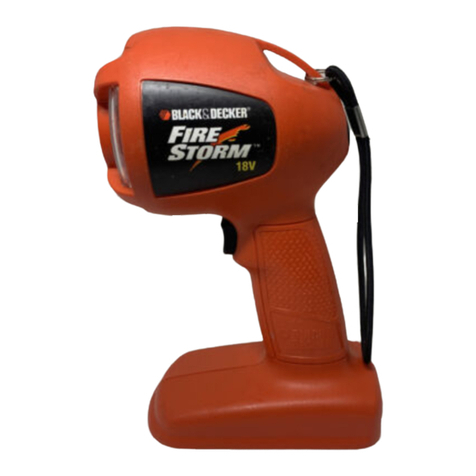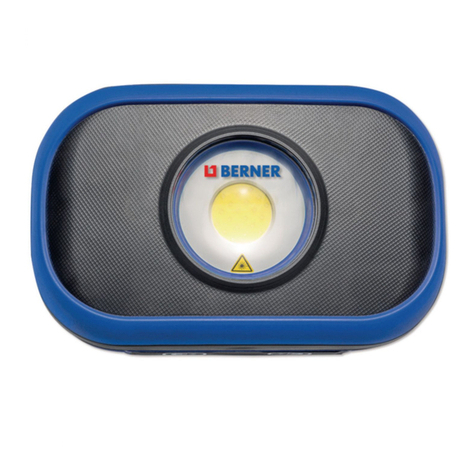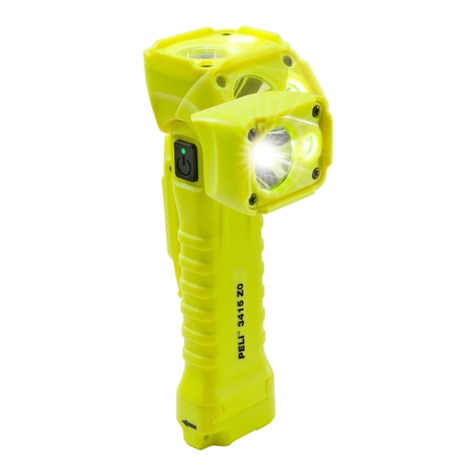
BIG MAX® AND JR MAX® PROPANE TORCHES
ASSEMBLY, TESTING, AND OPERATING INSTRUCTIONS
PLEASE READ AND RETAIN THIS INFORMATION FOR FUTURE REFERENCE
DO NOT OPERATE this torch unless you have been properly trained or are under the supervi-
sion of someone in its proper use. Read and understand all instructions before attempting to
use!
FOR YOUR SAFETY!
This device is intended for outdoor use only with adequate ventilation.
This torch is designed for use with a vapor-withdrawal liquid propane (LP) gas cylinder 10
pound size and larger with an OPD valve.
Eye protection, gloves, proper fire retardant clothing, and boots should be worn when oper-
ating the torch.
NEVER direct torch flame toward hose or propane tank.
DO NOT leave torch unattended while torch is in operation.
NEVER point the torch at flammable materials you do not want to burn.
DO NOT stand or prop the torch on the burner end while in operation.
DO NOT use matches or a cigarette lighter to light the torch. ALWAYS use a spark lighter.
Secure LP cylinders in a level, upright position during operation. DO NOT lay tank on its
side.
DO NOT lift propane tank by the valve.
When not in use, the gas should be turned off at the LP gas cylinder valve. Close the flame
adjusting valve as well. When done using torch, disconnect torch from cylinder.
Have an ABC Fire Extinguisher readily accessible during the operation of the torch.
DO NOT apply heat or flame to tank, hose, or torch to check for leaks, or to increase the gas
pressure.
CAUTION: In daylight, the flame is barely visible. DO NOT place hands or body parts in
the path of the flame while lighting or operating the torch.
DO NOT use torch in areas where gasoline or other flammable vapors are stored or used.
CAUTION: The torch barrel becomes very hot when in use. Do not touch barrel or allow it
to come in contact with flammable materials until it has completely cooled down.
IF YOU SMELL GAS!
DO NOT operate torches or any equipment if the odor of LP gas is present.
IMMEDIATELY shut off all valves and extinguish any open flames.
Check all equipment for leaks using leak detection fluid or soapy water.
REPAIR all leaks and test for leaks prior to lighting the torch.
TROUBLE SHOOTING
Problem #3 - The Idle Boost valve is not working.
Possible Solutions:
1. If you can not get full flow out of the torch with the flame adjusting valve
all the way open, then the integral POL safety valve (built into QCC-1 Ac-
me Tank Connector) has probably detected too much gas flow and restrict-
ed the gas flow. To reset the POL safety valve, turn the LP gas cylinder
valve completely off (clockwise), then open the flame adjusting valve to
release any pressure in the hose (or remove the QCC-1 Acme Tank con-
nector from the LP gas cylinder and then reinstall), close the flame adjust-
ing valve, and then reopen the LP gas cylinder valve very slowly to keep a
lot of gas from entering the hose too quickly and tripping the POL safety
valve again.
2. If the flame goes to full flow with the flame adjusting valve all the way
open but you can’t get full flow with the Idle Boost valve handle depressed,
then the Idle Boost valve needs to be replaced. Contact KDAR Company
for a replacement Idle Boost valve (Model 24206).
3. If the flame adjusting valve just spins and spins, you might have unseated
the valve stem from the valve by accident. To fix this, you need to loosen
the nut under the flame adjusting valve knob with an adjustable wrench.
Then push the flame adjusting valve knob in towards the valve body while
turning clockwise. You should feel the threads “catch” and as you continue
to turn, the valve will close all the way. Then retighten the nut under the
flame adjusting valve knob (be careful not to over tighten it). If this doesn’t
work, then the Idle Boost valve needs to be replaced. Contact KDAR Com-
pany for a replacement Idle Boost valve (Model 24206).
1 Year Limited Warranty. See website for more information.
OTHER SAFETY INFORMATION
CSA 2-94 US Requirements for Hand-Held LP Torches for use with Fuel
Supply
ANSI Z49.1 Safety in Welding and Cutting
NFPA 54 National Fuel Gas Code
NFPA 58 Standard for the storage and handling of liquefied petroleum gases
WARNING! This product may expose you to a chemicals including lead,
which is known in the State of California to cause cancer. Wash your hands
after using this product. For more information, go to
www.P65Warnings.ca.gov.
